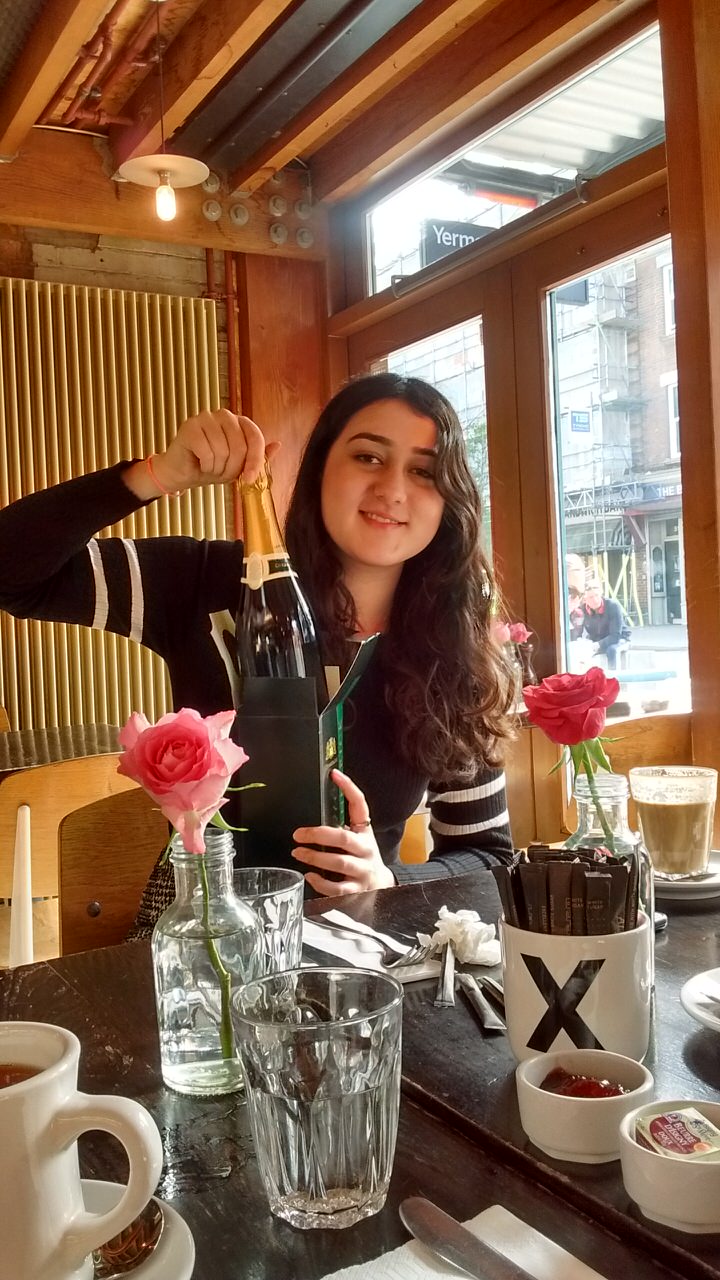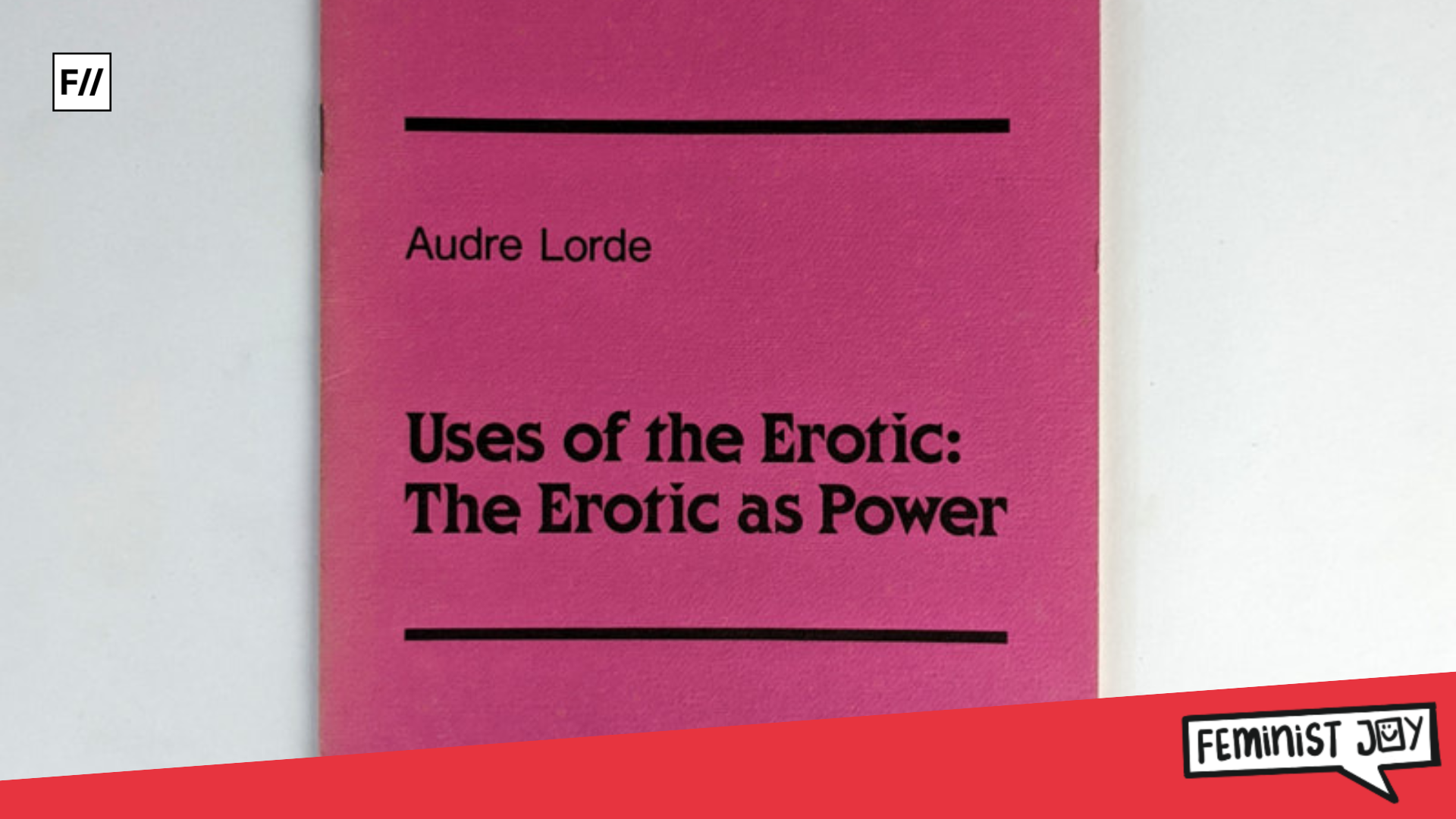My motherhood has undergone a transformational process. My daughter, Maelo Chelliah Manning, who I have blogged about before, turned 18 at the end of August. In the UK, that is the age threshold for becoming an adult. On 25th August, I became the mother of an adult child. I have to learn new rules and reappraise my mothering as an Indian mother in a Western, White culture.
For some moments I felt almost as hopeless as I did when she was born. Then I didn’t have a clue about how to mother and nurture a baby. Now, I don’t know what it entails being a mother to an adult daughter when my own experience in my Indian home was that it made no difference when I became an adult at 18. My decisions were still made for me, including when I got married.
I craved independence for myself. I crave the same for my daughter but I want to be there to guide her. What I am seeking is a fusion of both cultures – I still want to guide her on a daily basis and help build her character and feminism but with an understanding that some choices are hers to make like boyfriends and dating. Sounds so sensible doesn’t it?
I have to learn new rules and reappraise my mothering as an Indian mother in a Western, White culture.
Yet, I know the reality is going to be a constant tussle between being a well-meaning, interfering Indian mother at heart and trying to conform to Western norms. I don’t want her to feel like she is losing out on a whole load of independence when she sees that her English friends have total freedom to party, date and go wherever they want to, whenever they want to. I don’t in any way mean to suggest that Western parents abdicate their responsibilities. What I am saying is that their parameters are much wider than mine are.
People have been telling me to ‘let go’. This is a Western catchphrase for letting your child ‘be themselves’ which in itself, is another catchphrase. Then there is the ‘step back’ instruction from well meaning friends.
What these three catchphrases, ‘let go’, ‘be themselves’ and ‘step back’, amount to is a Western constructed idealised style of mothering which sets limits on a mother’s influence and nurturing. It requires mothers to stop ‘clucking’ around their children when society deems it is time for them to do so. They are adults now.
Also Read: I Wish My Mother’s House Had Taught Me Feminism
When once I was required to be a doting mother who brought up her daughter to be a stalwart, high-achieving member of society, I am now deemed to have done my job. Added to the pressure of Maelo turning 18 is also the fact that she has decided to study at a university in London where we live. She starts her law degree in September.
Most children in the UK leave their home state after A-levels and attend university in another part of the country. It is known that many kids choose universities as far away as possible from home, to prevent family from visiting them often. This immediately bestows their parents with an accolade of having successfully managed to ‘let go’ of their children. It ignores the reality of how English mothers grieve too from having their children move away and suffer from the ‘Empty Nest Syndrome’. A Hollywood movie was made about this called ‘The Out-of-Towners’ starring Goldie Hawn and Steve Martin.
While I am glad that I don’t have to endure the ‘Empty Nest Syndrome’, I still face an uphill battle of finding a middle ground. Indian mothers don’t escape the ‘let go’ call either but, in many ways, it is to do with marriage. Mothers are expected to bring up daughters as ideal Indian women who will one day leave the family home for their in-laws house. This is the type of ‘letting go’ that I will not succumb to in any shape or form, because I want my daughter to experience life to the fullest. My Indian feminist mothering is a resistance to the cultural cloak of oppressing daughters.
Basically, I am trying to navigate a middle way as a resistance to the Western call to ‘let go’ of my daughter and, at the same time, to the Indian call which will come from family to make sure that Maelo is ‘not too exposed’ to the Western university lifestyle. In fact, come to think of it, I will be fighting a resistance to the word ‘exposed’ itself which Indians use in so many different ways to limit a woman’s fun, participation in life and mobility. Neither will I be telling her to ‘adjust’ herself, another oppressive word.
My experience of inter-cultural marriage, a mixed race child and negotiating conflicting cultural expectations are perhaps a result of migration to the Western world. But what stays constant is the Indian feminist mothers’ movement that sees their daughters as people in their own right and not as an addition to someone else’s home.
Also Read: Being A Feminist Mother Is A Liberating Experience
About the author(s)
Jane Chelliah is of Tamil descent and lives in London. She blogs about race, feminist mothering and cultural issues at http://ambitiousmamas.blogspot.co.uk/.




